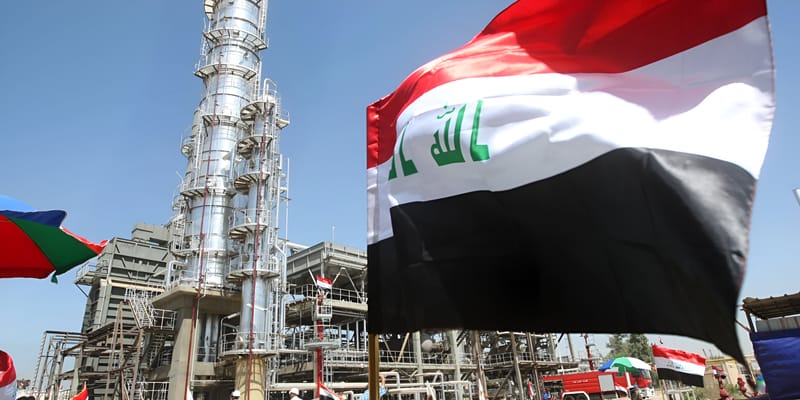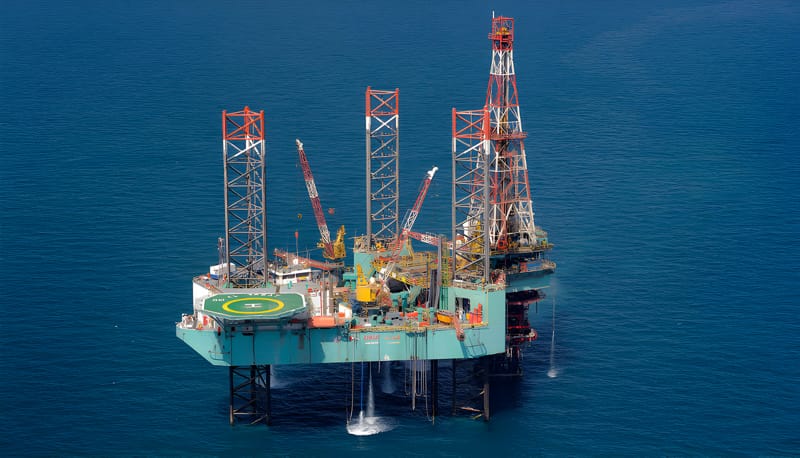Kuwait Shakes Up Energy Leadership Amid Oil Sector Reforms
Tarek Al-Roumi appointed Kuwait's oil minister, tasked with revitalising output and driving energy reforms.

Kuwait has appointed Tarek Suleiman Ahmed Al-Roumi as the country's new oil minister in a key cabinet reshuffle, according to a report by the state news agency, KUNA. The appointment comes as Kuwait grapples with challenges and opportunities in its crucial oil and gas sector.
Al-Roumi will be taking over from Nora Suleiman Al-Fassam, Kuwait's finance minister, who had been temporarily overseeing the oil ministry following the resignation of Imad Al-Ateeqi. Al-Ateeqi, who had served as deputy prime minister and minister of oil, stepped down in September amid mounting pressure to revitalise the nation’s energy industry.
With a career spanning decades in Kuwait’s petroleum industry, Al-Roumi brings significant experience to his new role. Previously, he served as the chairman of the board at Kuwait Oil Tanker Company (KOTC), a subsidiary of the state-owned Kuwait Petroleum Corporation (KPC). KOTC is a critical player in Kuwait’s energy logistics, managing a fleet that transports crude oil, refined products, and liquefied petroleum gas (LPG) across global markets.
Al-Roumi’s appointment signals a renewed push to reform and drive growth in Kuwait's oil sector, which has been facing stagnation. "His expertise in petroleum logistics and strategic planning is expected to bring fresh perspectives as Kuwait seeks to overcome declining output and bolster revenues," analysts noted.
Kuwait Petroleum Corporation and its subsidiaries extend their sincere congratulations to His Excellency Minister of Oil and Chairman of our Board, Tariq Suleiman Al-Roumi on the occasion of his appointment. We wish him continued success and prosperity. pic.twitter.com/IgYEZs3SBb
— KPC | مؤسسة البترول الكويتية (@kpcofficialkw) October 29, 2024
Kuwait, the fifth-largest oil producer within OPEC, holds around 7 percent of the world’s proven oil reserves. According to the U.S. International Trade Administration, its current production capacity stands at approximately 3 million barrels per day (bpd). Nevertheless, the government has ambitious plans to raise this figure to 4 million bpd by 2035.
Despite this vision, Kuwait's energy sector has encountered multiple setbacks. Oil revenues, a backbone of the nation’s economy, fell sharply to KD21.6 billion ($79.7 billion) in the fiscal year ending July 2024, marking a 19 percent year-on-year decline. These economic difficulties have underscored the pressing need for structural reforms, yet significant political resistance remains. The Kuwaiti parliament has repeatedly stalled efforts to allow greater foreign investment, leading to years of low project awards and investment.
Compounding these economic woes, the National Bank of Kuwait reported that oil GDP growth has been erratic over the past decade, often dipping into negative territory. These fluctuations have mirrored OPEC’s shifting supply policies and global market trends, adding layers of uncertainty to Kuwait’s economic outlook.
Nevertheless, there are signs of optimism. The Kuwait Oil Company (KOC), a key subsidiary of KPC, announced a major offshore oil discovery in July 2024. The Al-Nokhatha field, situated near Failaka Island, is estimated to hold 2.1 billion barrels of light oil and 5.1 trillion cubic feet of natural gas. If fully developed, this could provide a significant boost to Kuwait's reserves and output potential.
In parallel, Kuwait has made strides in refining and downstream investments. The $30 billion Al-Zour Refinery, which became fully operational in 2023, has expanded the country's refining capacity to 615,000 bpd. This state-of-the-art facility is designed to support the production of low-sulphur fuel oil and other high-value products, aligning with Kuwait’s broader strategy to diversify and add value to its hydrocarbon exports.
As Al-Roumi steps into his role, his leadership will be pivotal in addressing both the immediate challenges and long-term opportunities within Kuwait's oil sector. His tenure will likely be marked by a balancing act between managing short-term economic pressures and positioning Kuwait as a resilient and competitive energy producer for the future.


